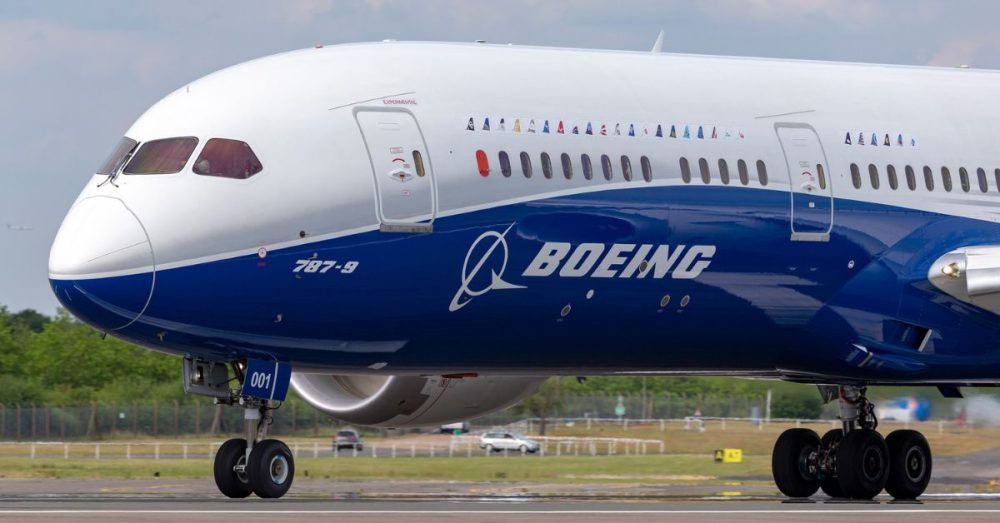A Boeing whistleblower has reiterated claims made earlier in the year over the company’s use of faulty parts in their manufacturing process.
Sam Mohawk, a 13-year veteran of Boeing, says workers installed flawed parts in aircraft to ensure that delays did not impact production. Mohawk says the defective parts were installed in secret, a response to supply chain shortages that have plagued the industry since the pandemic.
Earlier this year, Mohawk, a Boeing quality assurance investigator based in Renton, Washinton, alleged the aircraft manufacturer was improperly storing aircraft parts in an effort to “intentionally hide” them from FAA inspectors. Now, in a recently released interview, Mohawk doubled down on his allegations.
“There’s so much chaos in that factory,” Mohawk told CBS News.
“There’s a desperation for parts. Because we have problems with our parts suppliers. So there’s, in order to get that plane built and out the door in time, I think unfortunately some of those parts were recycled back onto the airplanes in order to build, keep building the airplane and not stop it in production.”
In one example, Mohawk says dozens of flawed or non-conforming rudders, the part that controls the aircraft’s steering, went missing, suggesting the faulty parts may have been recycled back into production.
“We have thousands of missing parts… They’re huge parts,” he said
“And they just completely went missing.”
Mohawk says that despite the drop in Boeing plane accidents over the last two decades, he is concerned about the development of the new Max program. Since its inception, the 737 Max has been mired in controversy.
Last week, The Dallas Express reported that a federal judge in Texas rejected the aircraft manufacturer’s plea deal with the Department of Justice (DOJ) surrounding two 737 Max crashes that resulted in the death of 346 individuals. The judge cited issues with a diversity and inclusion (DEI) clause and insufficient accountability on the part of Boeing.
In January, Boeing made international headlines following a door plug blowing off a 737 Max midair during an Alaska Airlines flight. It was determined that four critical bolts were not replaced after workers had finished assessing damaged rivets on the plane’s fuselage. The incident ultimately resulted in the FAA placing restrictions on Boeing production.
“It might not happen within the first year, but down the road they’re not going to last the lifetime that they’re expected to last,” Mohawk said of the 737 Max.
“It’s like Russian roulette, you know? You don’t know if it’s going to go down or not.”


